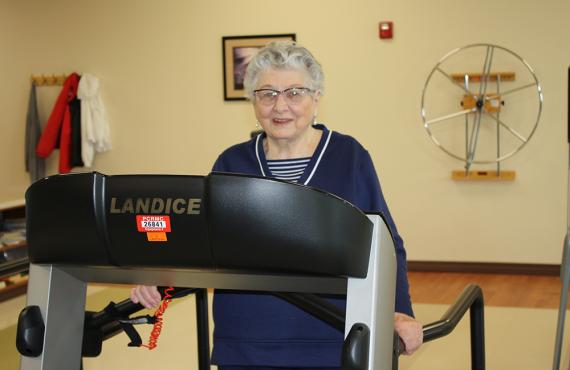Published on August 24, 2021
High levels of lipids (fats) in the blood, including cholesterol and triglycerides, is also called "hyperlipidemia."
Hyperlipidemia can lead to your blood vessels getting blocked with fatty deposits, limiting blood flow. This condition also increases your risk of developing cardiovascular disease, affecting blood vessels supplying the heart (coronary artery disease), brain (cerebrovascular disease) and arms and legs (peripheral artery disease).
To lower these risks, people with hyperlipidemia should try to lower their cholesterol levels through a combination of dietary changes, exercise and medication.
The decision to start cholesterol-lowering treatment is made on a case-by-case basis. Healthcare providers consider your current lipid levels, risk of developing heart problems, the presence or absence of cardiovascular disease and other risk factors.
Most cholesterol-lowering therapies are aimed at reducing low-density lipoprotein (LDL) or "bad" cholesterol. High LDL levels raise your risk of cardiovascular disease. The goal for your LDL cholesterol depends on your overall risk for a cardiovascular disease (heart attack or stroke).
People at higher risk are often asked to try for a lower LDL cholesterol goal. Lipids should be checked regularly for men starting at age 35 and women beginning at age 45 if there are no other risk factors for cardiovascular disease.
Studies have found that if the LDL cholesterol is decreased significantly, it can lead to less plaque buildup in blood vessels. People without a known cardiovascular disease may have a lower LDL goal. Lowering triglycerides is also important for reducing your risk of heart disease.
In addition, studies have shown that in people with coronary heart disease, taking medication to significantly lower the LDL level is beneficial. Anyone with cardiovascular disease should get treatment with high-dose statin medications.
Statins are one of the best-studied medicines and the most used drugs for lowering LDL cholesterol. They also reduce inflammation in the arteries. They are the most effective drugs for preventing coronary heart disease, heart attack, stroke and death.
While most people tolerate statins well, there are some potential side effects, such as muscle pain, aches or weakness.
Besides medicines, lifestyle changes, such as the following, are equally important:
- Reducing the amount of total and saturated fat in your diet
- Losing weight (if you are overweight)
- Getting regular aerobic exercise, and
- Eating plenty of fruits and vegetables
The treatment of high cholesterol is a lifelong process. Although medicines can quickly lower your levels, it often takes six to 12 months before the effects of lifestyle changes are noticeable.
Once you have an effective treatment plan and you begin to see results, staying committed to the plan is important. Stopping treatment usually allows lipid levels to rise again and increases your risk for heart attack, stroke or other cardiovascular problems.
Find Cardiac Care Near You
Learn more about cardiology and heart care services at Phelps Health or call the Phelps Health Heart and Vascular Center at (573) 308-1301.

